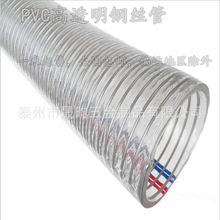MIT scientists are developing a new chemical composite material that can absorb heat from the sun or other sources, store it, and release it again in a controlled fashion when exposed to light. The Phase Change Material (PCM) is a mixture of fatty acids and organic compounds and could one day provide, among other things, a solar-powered cooking stove for the developing world that could absorb heat from the sun during the day and release it on command at night.
PCMs interest scientists and engineers for their wide range of potential applications as they can absorb or release large amounts of heat when changing from a solid to liquid state, or vice versa. They have already been explored as a way of regulating heat in buildings, creating "heat batteries," and even keeping coffee hot on the drive to work.
The principle behind using PCMs as a heat source is simple. When, for example, you melt ordinary ice, it takes significant heat to change it into liquid water. This is one reason why snow doesn't suddenly all melt at once on an unseasonably warm day and why ice cubes cool drinks better than dropping in stainless steel cubes kept in the freezer.
顶: 951踩: 2
Chemical heat "battery" releases energy in response to light
人参与 | 时间:2024-09-22 04:05:34
相关文章
- 夏凤俭与四川建安工业有限责任公司董事长耿海波座谈
- New image shows the North Star is changing. And it has spots.
- The AI stock bubble has burst. Here's how we know.
- 'Metaphor: ReFantazio' hands
- Best Labor Day headphones deals: Apple, Bose, Beats, and more on sale
- What Ever Happened to Flickr?
- CPUs Don't Matter For 4K Gaming... Wrong!
- 古物:回望时间的印记
- It's Unnecessary But, AMD Is Basically Lying About CPU Performance
- Pixel 9 Pro XL hands






评论专区